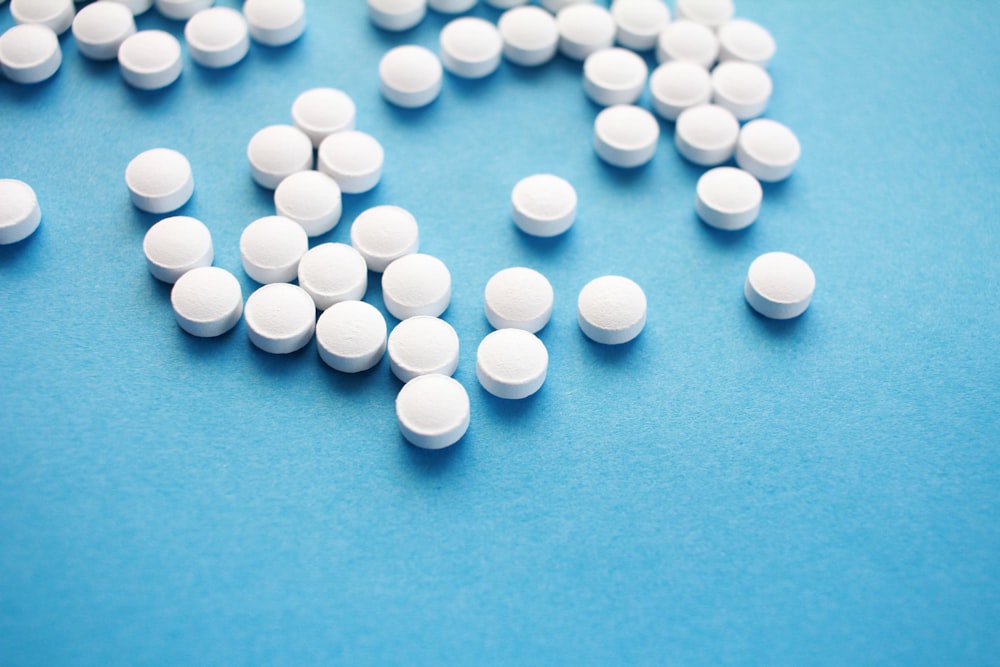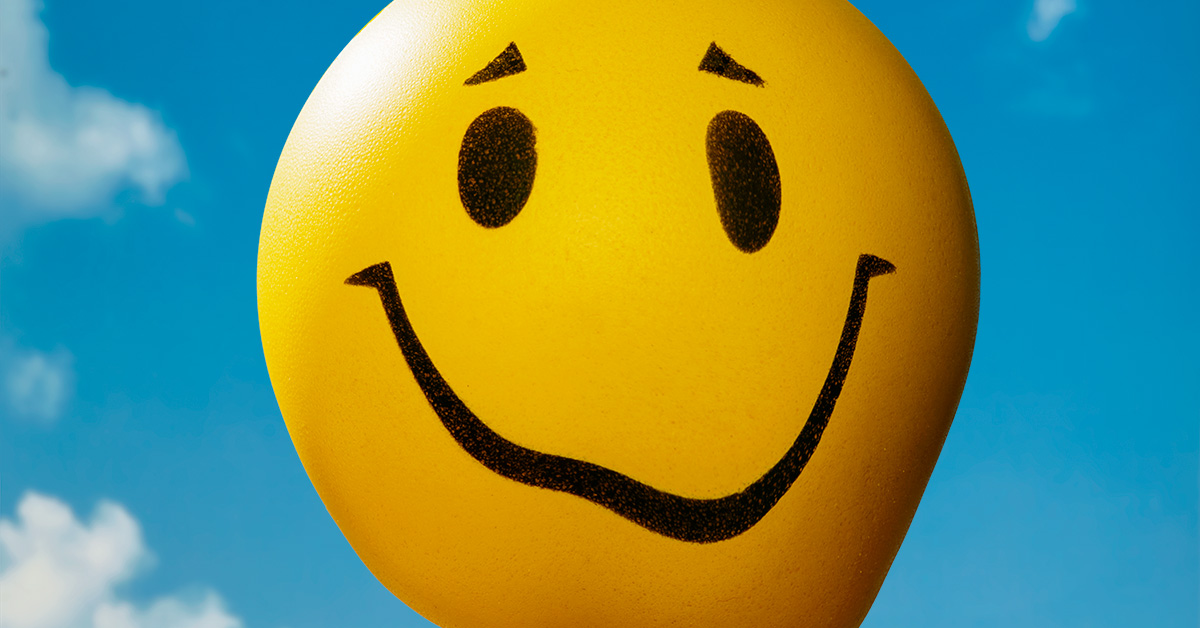ballz
Army.ca Veteran
- Reaction score
- 444
- Points
- 910
I found this article by Jen Gerson very interesting. She interviews Danielle Smith's Chief of Staff, a former drug addict, about Alberta's implementation of the Swiss model "Narcotics Transition Service" and provides some contrast to BC's experience with Safe Supply.

 theline.substack.com
theline.substack.com

 theline.substack.com
theline.substack.com
Alberta has seen some success while BC has only gotten worse.... and my understanding is that BC receives money from the Federal government to fund safe supply, but Alberta is not eligible for support because they aren't using safe supply, because politics.

Q&A, Part 1: 'It’s the furtherance of a highly liberalized drug legalization agenda.'
In a recent video, Conservative leader Pierre Poilievre highlighted the drug crisis, in British Columbia. He suggested Alberta provided a solution. How different are the two provinces, really?

Q&A, Part 2: 'Our fatal overdose numbers have gone down dramatically off the peak.'
Alberta is pursuing a very different path toward treatment of drug addiction. In this interview, a top provincial official explains why, and what kind of help Ottawa can offer.
Alberta has seen some success while BC has only gotten worse.... and my understanding is that BC receives money from the Federal government to fund safe supply, but Alberta is not eligible for support because they aren't using safe supply, because politics.




